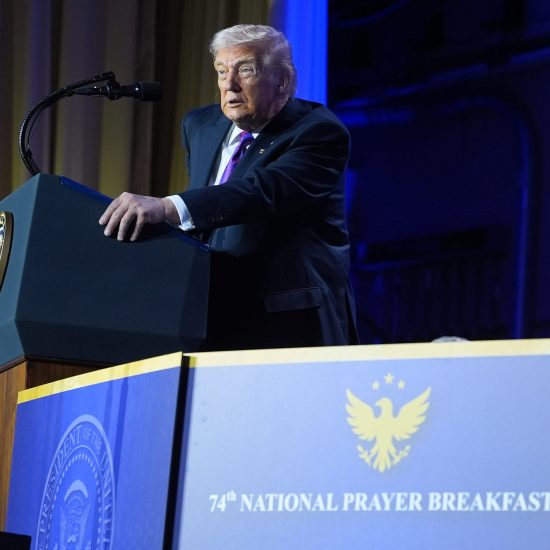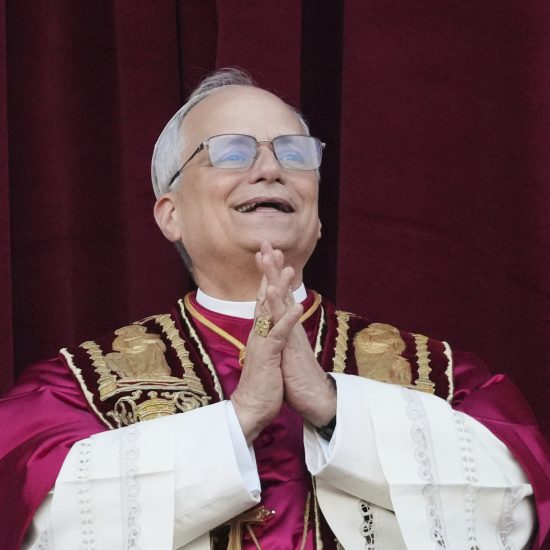JACKSONVILLE, Fla. (ABP) — Catholics weren't the only ones glad to see Pope Benedict XVI preach in Cuba this week.
The three-day papal visit, which concluded Wednesday, benefited local and visiting Christians across denominations, said American Protestants involved with Cuban mission work.
"He has made a tremendous difference in making things easier for them," said Ray Johnson, coordinator of the Cooperative Baptist Fellowship of Florida.
The visit and related media coverage highlighted the mission gains of both Catholics and non-Catholics over the past 20-30 years.
It also eased travel restrictions and won some of the island’s theologically conservative Protestants permission to hold inter-denominational, outdoor worship services on Easter, said Johnson, who recently returned from a week-long trip to Cuba.
"That's evangelicals who are benefiting from the papal visit," he said.
Benedict’s presence boosted improvements for Cuban Christians and missionaries that have been ongoing for years, said Alvin Padilla, a Presbyterian minister and dean of Hispanic Ministries at Gordon-Conwell Theological Seminary in Boston.
The scope and rate of mission work in Cuba began to escalate in about the 1990s, when the Soviet bloc collapsed, and has improved in spurts since. The Obama administration has also made it easier to get to Cuba, some missionaries said.
Statistics bear witness to the changes. Echo Cuba, a Miami-based humanitarian aid group, reported about 201,000 Cuban Protestants in 1989 and around 460,000 a decade later.
According to the U.S. State Department, that number hit 550,000 by 2009, the most recent year for which it has numbers.
Most are Baptists followed by various Pentecostal groups then Anglicans, Methodists, Presbyterians, Quakers and Mormons, government statistics show.
Catholics, however, still hold sway. About 60 percent of the island's 11.4 million population were Roman Catholics in 2009.
And many of them will continue to benefit from the pontiff's visit well after it’s over, Padilla said.
"When the pope goes there, people realize they don't have as much to fear from the Christian church as they once thought," he said of Communist leaders.
That could be, but Southern Baptist Tim Maynard doesn't expect Cuban mission work to become a cakewalk any time soon.
Maynard is the pastor of Fruit Cove Baptist Church, a Northeast Florida congregation heavily involved in mission work in Cuba.
He was on a Cuban mission trip two years ago and found Christians continuing to struggle with decaying churches and burdensome religious restrictions.
"Everywhere you go it's poverty, it's hardship," Maynard said.
Plus the Cuban government still distrusts missionaries — especially if they are Americans.
"We had two drivers and one of them was a spy, we later found out," Maynard said of his mission team.
But such experiences won't keep missionaries from going, said Paula Dempsey, minister for partnership relations with the Alliance of Baptists.
Dempsey, who lives in North Carolina, said the opportunities to make a difference and to grow personally are too great not to keep going back.
"You get a completely different perspective" on life and faith, she said. "I've received a different lens through which to view reality."
Plus Benedict’s visit will likely contribute to the success of all mission groups in the long run, said Craig Culbreth, lead strategist for the Missional Support Group of the Florida Baptist Convention.
While in Cuba last week, Culbreth said he found Communist officials much more willing than usual to discuss religious restrictions because the Pope was about to arrive.
Faith had become a part of the daily conversation in Cuba, he added.
"For me, if you can change the conversation, then you can change people," he said.
-30-
Jeff Brumley is assistant editor of Associated Baptist Press.






